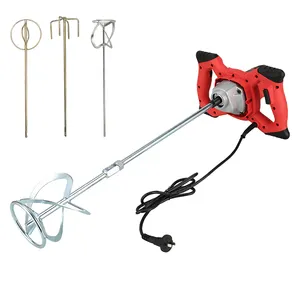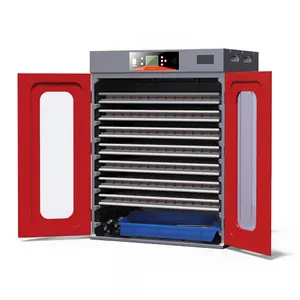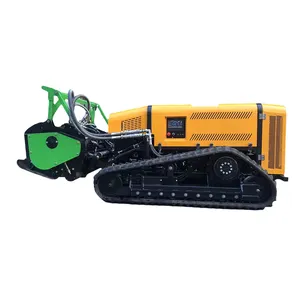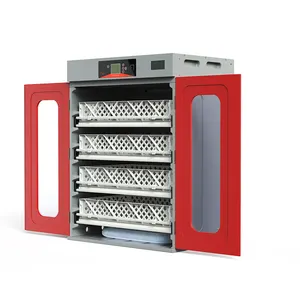Popular in your industry
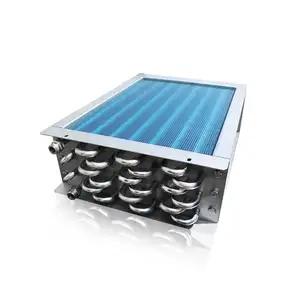






























































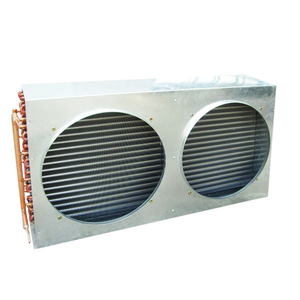
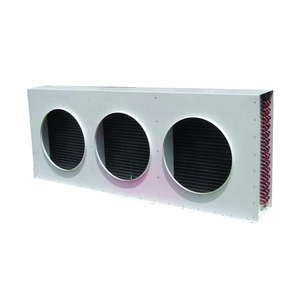
Related Searches:





























































































































Top categories
About heat exchanger for air conditioning
Understanding Heat Exchangers for Air Conditioning
Heat exchangers play a pivotal role in thermal management across various industries, but their application in air conditioning systems is particularly critical. A heat exchanger for air conditioning is designed to transfer heat efficiently between two fluids, making it an essential component in maintaining the desired temperature and comfort levels in residential and commercial spaces.
Types and Applications
The versatility of heat exchangers is evident in their different types, each suited to specific applications. The air conditioner exchanger is a common type, ensuring that air conditioning units function effectively by regulating refrigerant temperatures. In larger systems, an air conditioning heat exchanger system can involve complex configurations like shell and tube or plate designs, catering to extensive climate control requirements in industrial settings.
Materials and Features
Materials used in heat exchangers significantly impact their performance and durability. Copper, known for its excellent thermal conductivity and antimicrobial properties, is often used in air conditioner water heat exchangers, especially where water potability is a concern. Stainless steel is another popular choice, favored for its rapid heat transfer capabilities, making it suitable for large-scale water treatment in factories. For environments that demand high temperature resistance and durability, titanium heat exchangers are often employed due to their robustness.
Advantages of Advanced Heat Exchangers
Modern advancements have led to the development of specialized heat exchangers like the toshiba air to air heat exchanger, which exemplifies efficiency in transferring heat without mixing air streams. Similarly, the earth tube air conditioning system utilizes the earth's constant temperatures to pre-condition the air, enhancing energy efficiency. These innovations contribute to more sustainable and cost-effective climate control solutions.
Selection Considerations
Choosing the right heat exchanger requires a thorough understanding of the specific needs of a system. For instance, an ac hot water heat exchanger might be ideal for a system that integrates air conditioning and hot water generation. On the other hand, the heat exchanger in air conditioning system must be selected based on factors such as fluid properties, temperature ranges, and environmental conditions to ensure optimal performance.
Integration in Air Conditioning Systems
The integration of a heat exchanger AC unit into an air conditioning system is a testament to the importance of precise temperature control. Whether it's for a small residential setup or a large-scale industrial application, the right heat exchanger can significantly enhance the efficiency of air conditioning systems, leading to improved comfort and reduced energy consumption.
